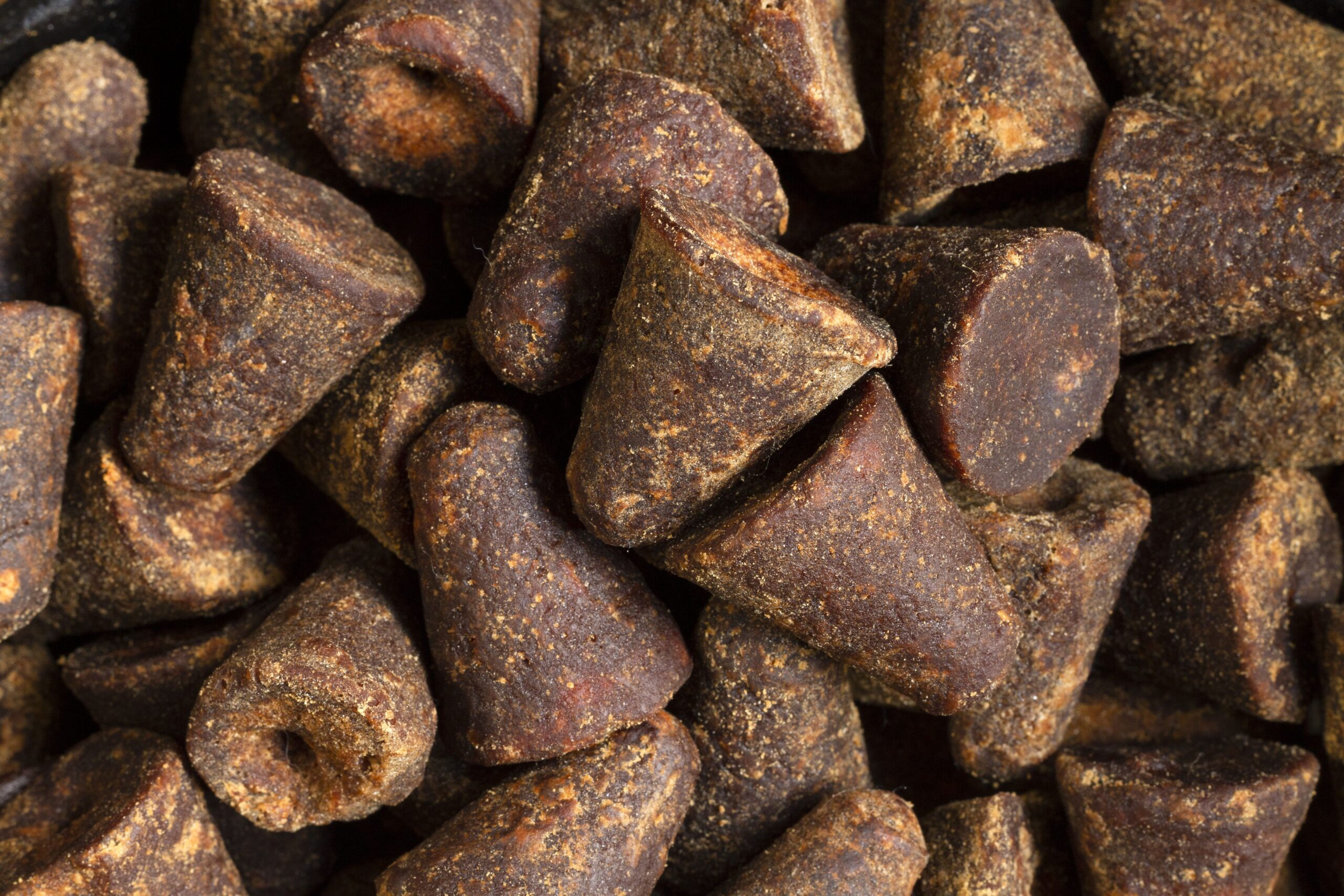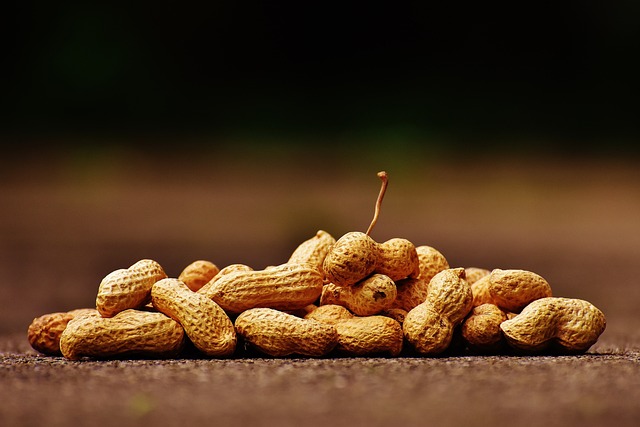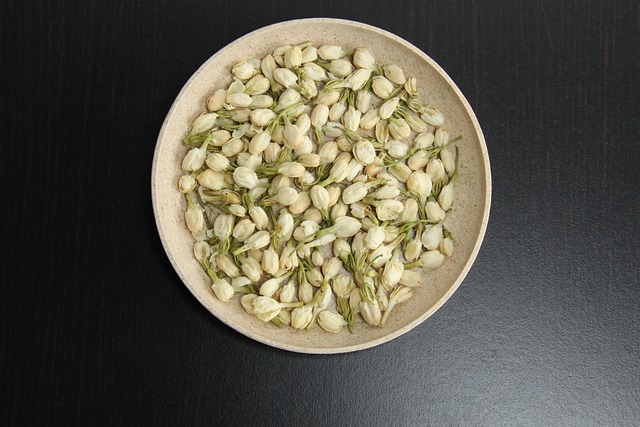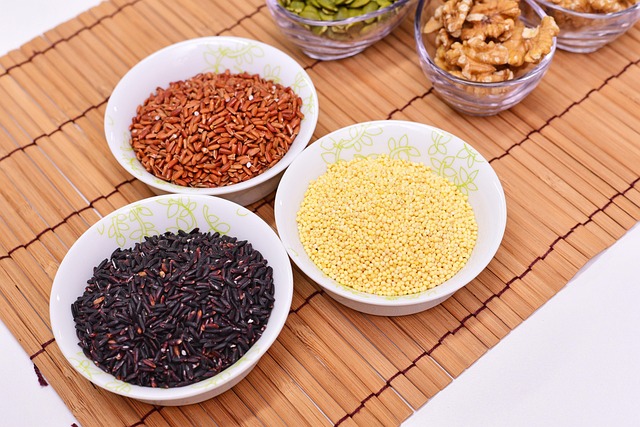
- MKSRK
- December 3, 2022
- No Comments
Introduction: Sweet, Natural, and Trending
Move over white sugar—there’s a new sweetener taking over the world. Organic jaggery, a traditional Indian product, is becoming a staple in health-conscious kitchens around the globe. Packed with minerals and free from chemicals, this golden-brown delight is now making waves across Europe, North America, and even Japan.
With global consumers demanding cleaner, greener, and healthier alternatives, organic jaggery ticks all the boxes. From cafes in Berlin to smoothie bars in L.A., it’s clear—jaggery is going mainstream.
What is Organic Jaggery?
The Production Process
Organic jaggery is a natural, unrefined sweetener made from sugarcane juice or date palm sap. Here’s the catch—it’s made without synthetic chemicals or additives. The process involves:
-
Extracting juice from organically grown sugarcane
-
Boiling the juice in iron pans over wood fires
-
Stirring and reducing it until it thickens
-
Molding it into blocks, powder, or liquid
Organic vs. Conventional Jaggery
| Feature | Organic Jaggery | Conventional Jaggery |
|---|---|---|
| Pesticide-Free | ✅ | ❌ |
| Sulphur-Free | ✅ | ❌ |
| Natural Color & Flavor | ✅ | ❌ |
| Export-Friendly | ✅ | ❌ |
Why Organic Jaggery is Gaining Popularity Globally
Health and Wellness Trends
Today’s buyers are label-readers. They’re:
-
Looking for chemical-free foods
-
Reducing processed sugar intake
-
Adopting Ayurvedic and plant-based diets
Jaggery contains iron, calcium, magnesium, and antioxidants, making it a healthier sugar substitute that aligns with current global health movements.
Sugar Substitutes on the Rise
The $10+ billion sugar substitute market is booming. Consumers are replacing white sugar with:
-
Jaggery
-
Stevia
-
Honey
-
Coconut sugar
Among these, jaggery offers the best of both worlds—sweetness with nutrition.
Key Importing Countries and Market Segments
USA and Canada
-
Health stores like Whole Foods and Sprouts stock organic jaggery
-
Used in vegan and keto recipes
-
Popular among Indian diaspora and yoga enthusiasts
European Union
-
Germany, France, and the Netherlands lead the demand
-
EU Organic certification is a must
-
Often used in organic baking mixes and Ayurvedic products
Middle East and Asia-Pacific
-
Dubai and Singapore import jaggery for use in halal organic snacks
-
Australia and New Zealand use it in gluten-free and clean-label foods
Organic Certifications and Export Standards
USDA Organic, EU Organic, and India Organic
To sell jaggery globally, certifications are crucial:
-
USDA Organic – For exports to the USA
-
EU Organic – For European markets
-
India Organic (NPOP) – Approved for multiple regions
Phytosanitary and Packaging Requirements
Countries demand:
-
Phytosanitary Certificates
-
Eco-friendly and food-grade packaging
-
Detailed labeling with nutritional info
Market Challenges for Exporters
Shelf Life and Transportation
Jaggery is moisture-sensitive, so:
-
Use vacuum-sealed packs
-
Avoid humid shipping environments
-
Maintain temperature during transit
Consistency in Quality
Batch-to-batch consistency is vital. Organic producers must ensure:
-
Same taste, texture, and color
-
Zero contaminants or dust
One bad review online? It could ruin your entire export brand.
Role of Indian Jaggery in the Organic Boom
Regions Leading Production: UP, Maharashtra, Tamil Nadu
India is the world’s #1 producer of jaggery. These states stand out:
-
Uttar Pradesh – Bulk production
-
Maharashtra – High-quality organic jaggery
-
Tamil Nadu – Traditional artisanal jaggery
Government Support and APEDA
-
APEDA offers subsidies and export promotion
-
Government is training jaggery units in GMP (Good Manufacturing Practices)
-
Export hubs are being set up near jaggery-producing clusters
Branding and Packaging for the Global Audience
Sustainable Packaging Solutions
Consumers prefer brands that care for the planet. Use:
-
Compostable wrappers
-
Paper-based pouches with inner linings
-
Recyclable glass jars for liquid jaggery
QR Codes and Transparency Tools
Smart packaging includes:
-
QR codes linking to farmer stories
-
Blockchain-backed traceability
-
Lab test results for sugar content and purity
Pricing and Profitability Trends
Retail vs. Bulk Exports
| Export Type | Avg Price per Kg | Margin Potential |
|---|---|---|
| Bulk (25 kg bags) | $1.50 – $2.00 | Moderate |
| Retail Packs (500g – 1kg) | $4.00 – $6.00 | High |
Retail branding adds value. D2C brands often see 3x profit over bulk exports.
Online Platforms and E-commerce Influence
Amazon, Etsy, and Shopify Sellers
Online sellers are booming:
-
Amazon USA sells jaggery in both block and powdered form
-
Etsy promotes handmade, artisanal jaggery
-
Shopify brands use niche targeting like “vegan Indian sweets”
Direct-to-Consumer (D2C) Branding
Several Indian brands now ship directly to international consumers, cutting out middlemen. This builds:
-
Strong customer loyalty
-
Better control over brand experience
-
Higher profit margins
FAQs
1. Is organic jaggery healthier than sugar?
Yes, it contains iron, minerals, and antioxidants with a lower glycemic index, making it a healthier alternative.
2. What is the shelf life of organic jaggery?
Typically 6 to 12 months if stored in airtight, moisture-proof packaging.
3. How can exporters get organic certification?
Exporters can approach certification bodies like ECOCERT, OneCert, or control bodies approved under NPOP, USDA, or EU regulations.
4. Which countries import the most organic jaggery?
USA, Germany, UAE, Australia, and Canada are leading importers.
5. Is powdered jaggery better for export than blocks?
Powdered jaggery is more export-friendly due to ease of use, lower spoilage, and higher retail appeal.
6. Can jaggery be used in keto or vegan diets?
Yes! It’s plant-based and suitable for vegan diets. However, it’s not keto-friendly due to its natural sugar content.
Conclusion
Organic jaggery is no longer a rural Indian tradition—it’s a global wellness phenomenon. As the world moves toward organic, sustainable, and nutrient-rich food options, jaggery is taking center stage. For producers, farmers, and exporters, this is a golden opportunity—quite literally. By ensuring certifications, clean packaging, and transparent branding, you can turn this ancient sweet into a modern success story.
So, if you’re thinking about getting into exports—start with jaggery. It’s sweet, smart, and in serious demand.








